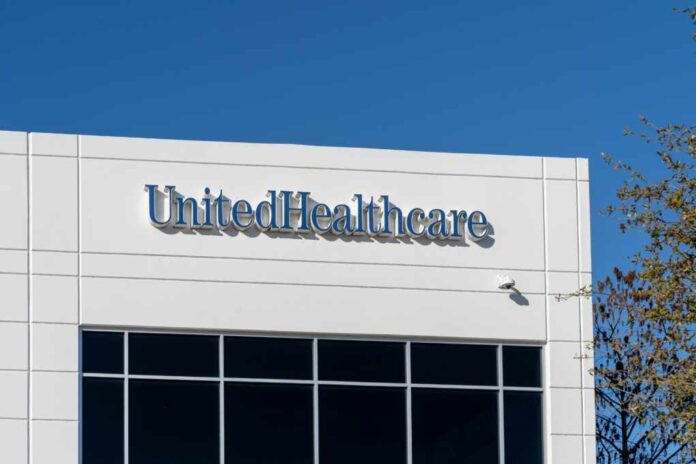
The shocking dismissal of terrorism charges against Luigi Mangione, accused of murdering UnitedHealthcare CEO Brian Thompson, questions corporate accountability and justice.
Story Overview
- Luigi Mangione, an Ivy League graduate, was charged with second-degree murder for the shooting of UnitedHealthcare CEO Brian Thompson.
- The crime took place in a high-traffic business district in Manhattan, raising security concerns for corporate executives.
- The dismissal of terrorism charges has stirred public discourse about healthcare industry practices and corporate accountability.
- The case highlights the intersection of personal grievances with corporate leadership and broader systemic issues.
High-Profile Case Raises Questions
On December 4, 2024, UnitedHealthcare CEO Brian Thompson was fatally shot outside the New York Hilton Midtown, prompting widespread media coverage. Luigi Nicholas Mangione, a 26-year-old with an Ivy League background, was arrested days later in Altoona, Pennsylvania. The incident has sparked a public debate about the motivations behind targeted attacks on corporate executives and the healthcare industry’s role in fueling frustrations.
UnitedHealthcare, a major health insurance provider, has faced criticism over its business practices, including claim denials and coverage limitations. The shooting occurred amidst growing public discontent with healthcare costs and insurance practices. Mangione’s personal experiences with the healthcare system, though still emerging, suggest possible specific grievances against the industry.
Luigi Mangione leaving New York State Court.
The judge has dismissed terrorism charges stating “the evidence before the grand jury was legally insufficient.” pic.twitter.com/0kzTiRVDl5
— prosper (@prosperluigi) September 16, 2025
Corporate Accountability and Security Concerns
The shooting in Manhattan’s Midtown area, a hub for corporate activity, underscores the need for enhanced security measures for executives. This incident, alongside previous rare but notable attacks on healthcare figures, highlights vulnerabilities in corporate security protocols. As the case unfolds, UnitedHealthcare is tasked with managing its reputation and addressing potential security implications for its executives.
The recent dismissal of state terrorism charges against Mangione has further fueled public discourse. The legal proceedings continue to evolve, with second-degree murder charges still pending in the New York court system. The public remains divided, with some perceiving the act as symptomatic of broader healthcare system failures while others view it as an isolated criminal event.
Watch:
Impact and Broader Implications
The short-term impact of this case includes heightened security measures for healthcare executives and intensified public scrutiny of industry practices. In the long term, it may prompt changes in corporate governance and security protocols, as well as contribute to ongoing debates about healthcare system reforms and corporate accountability.
The legal outcome may set precedents for similar cases and influence public perception of the healthcare industry. The case has significant economic, social, and political implications, potentially affecting corporate security costs, public policy discussions, and regulatory scrutiny of the insurance industry.
Sources:
Judge dismisses murder as crime of terrorism charge in …

























